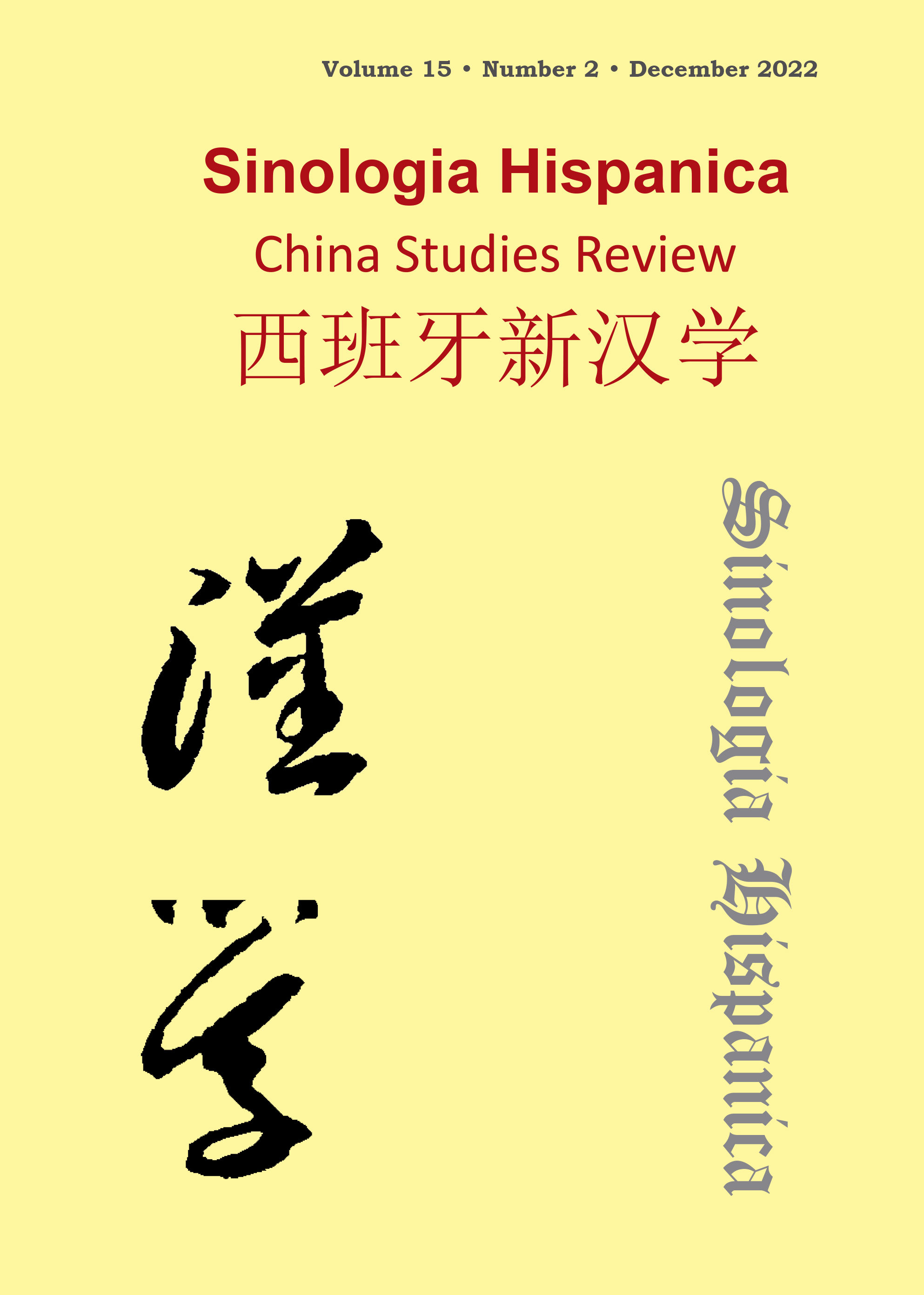Los libros chinos circulantes en Filipinas a finales de la dinastía Ming
DOI:
https://doi.org/10.18002/sin.v15i2.7464Palabras clave:
Siglos XVI y XVII; libros chinos; misioneros dominicos; Filipinas.Resumen
En el contexto histórico del boom de imprenta de Fukién a finales de la dinastía Ming, las publicaciones chinas de diversos géneros se exportaron de Quanzhou y de otros puertos fukieneses al Sureste de Asia. El presente artículo indaga qué géneros de libros chinos se hallaban en las Filipinas en aquella época y analiza quiénes eran sus importadores, con base en los textos en chino (en concreto, Pien Cheng Chiao Chen-Chu´an Shih-lu, Memorial de la vida cristiana en lengua china y Símbolo de la fe en lengua y letra china) y las cartas en español escritos por los misioneros dominicos de los siglos XVI y XVII en Filipinas, así como otros archivos históricos coetáneos. Con el estudio presente se ve que se podían leer en estas Islas los libros xilográficos chinos de los siguientes géneros, que eran los más famosos e impresos de la época: los dedicados a la preparación del examen imperial, obras históricas, teatrales, novelas, los de medicina y los de consulta. Estos libros chinos fueron exportados por los comerciantes fukieneses allí como mercancías. No solo formaban una rica parte de la vida cultural de los sangleyes locales, sino que también les servían a los misioneros españoles como manuales para aprender chino y materiales para conocer la cultura china. De este modo, les funcionaron como fundamentos para elaborar los tactos evangélicos para los chinos y jugaron un papel esencial en la comunicación cultural sino-española en la colonia.
Descargas
Métricas alternativas
Descargas
Publicado
Versiones
- 2024-03-06 (2)
- 2022-12-22 (1)
Cómo citar
Número
Sección
Licencia

Esta obra está bajo una licencia internacional Creative Commons Atribución-NoComercial-CompartirIgual 4.0.
Sinologia Hispanica. China Studies Review considers all manuscripts on the strict condition that
- The authors grant on a nonexclusive basis the exploitation rights (reproduction, distribution, public communication and transformation) of the work accepted for publication to the University of León. The authors can establish, on their own, additional agreements for the non-exclusive distribution of the version of the work published in the journal (for example, placing it in an institutional repository or publishing it in a book), always acknowledging the initial publication in this journal.
- The manuscript is your own original work, and does not duplicate any other previously published work, including your own previously published work.
- The manuscript is not currently under consideration or peer review or accepted for publication or in press or published elsewhere.
- The manuscript contains nothing that is abusive, defamatory, libellous, obscene, fraudulent, or illegal.
- Please note that Sinologia Hispanica uses Turnitin software to screen manuscripts for unoriginal material. By submitting your manuscript to Sinologia Hispanica you are agreeing to any necessary originality checks your manuscript may have to undergo during the peer-review and production processes. Any author who fails to adhere to the above conditions will be rejected.
- Authors are allowed and encouraged to electronically disseminate the pre-print versions (version before being evaluated) and / or post-print (version evaluated and accepted for publication) of their works before publication, since it favors their circulation and earlier dissemination and with it a possible increase in its citation and scope among the academic community.
Sinologia Hispanica is under Creative Commons Attribution-NonCommercial-ShareAlike 4.0 International License. You can read more about this license in versión informativa and texto legal.










